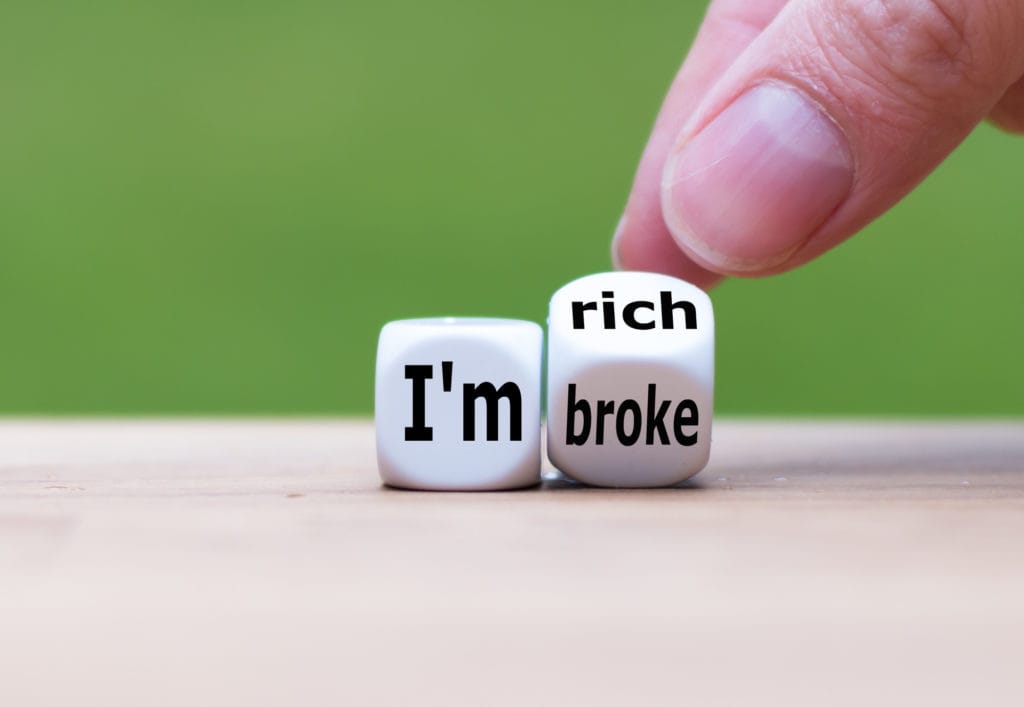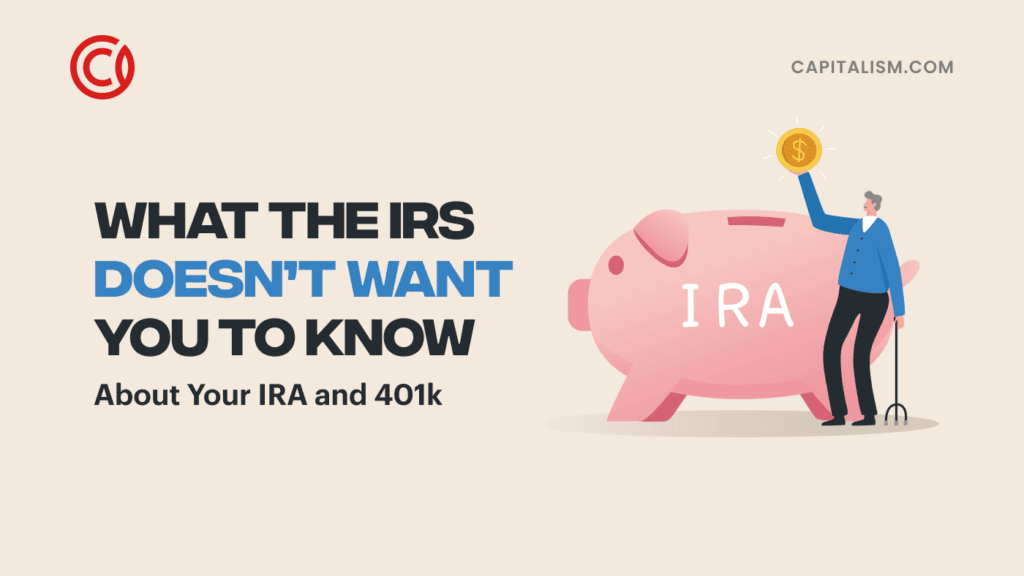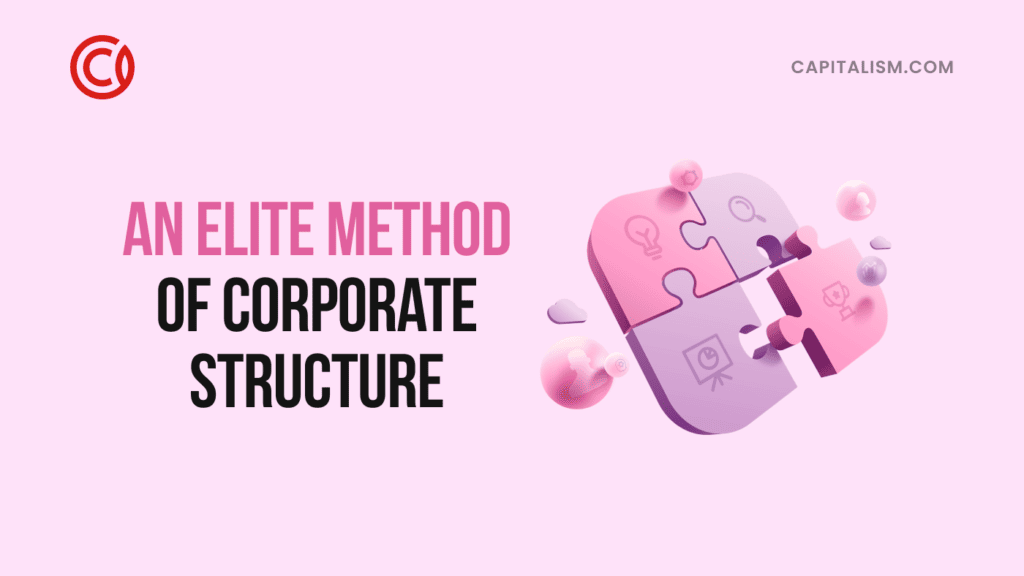A major policy proposition that is gaining traction throughout the globe is the Universal Basic Income or UBI. The people of Switzerland recently voted down a proposal for a UBI, however, the people of Ontario, Canada will experience firsthand life with a basic income as they begin trials this year. The prevailing theory behind basic income is that it would replace all other forms of welfare and instead, provide a minimum income for all, irrelevant of wages or otherwise employment.
This is very attractive for people on the left, as they tend to see it as a way to eradicate poverty. In their view, this would increase overall happiness as the “working poor” could focus on improving their skills and education levels rather than working numerous part-time jobs just to get by. And children born to these families wouldn’t have to worry about when they are going to get their next meal which they believe would help improve their GPA’s in school and overall quality of life.
Still, others on the right would contend that a UBI would be preferable to our current welfare system since it would relatively eliminate fraud and waste. They argue that a minimum income would inherently reduce the need for dozens of bureaucracies within the federal government, thereby reducing the power and scope of the government itself. Even libertarian favorites F.A. Hayek and Milton Friedman were for a basic income of sorts. So how dare I challenge two Nobel laureates on the necessity for a minimum income?
Notwithstanding Friedman and Hayek (although they didn’t really support a basic income in this context) my contention is that any form of a universal income is just a unicorn. Not only is the concept wholly unsustainable in the long run, but would also create vastly more wealth inequality and would have the ultimate effect of making the poorest amongst us poorer over time. Despite the well-intentioned nature of the supporters of a guaranteed income, you simply cannot circumvent the laws of supply and demand and expect a positive outcome.
It sounds like a wild claim, but allow me to explain why further wealth inequality is the inevitable result given a minimum income. As mentioned above, most believe that the only way a guaranteed income can be even remotely feasible is if that income replaced all other federal welfare programs. That means getting rid of programs like Medicaid, SNAP (food stamps) housing assistance, etc. Some of the most conservative studies found that the average low-income family qualifies for roughly $17,000 in annual benefits per year. Some studies have that figure much higher, at around $30,000. And when you factor in state level perks, that number could rise even further.
Now, there are many problems that we run into even before we can establish such a policy. First, the size of the bureaucracy alone to render these payments would be a complete nightmare. That aside, the basic income would have to be tiered based on family size to have a considerable impact. But, let’s assume for simplicity that only individuals over the age of 21, irrelevant of how many children they have, all get the same amount of benefits. If we were to base this income on the 2015 U.S. Census Bureau poverty threshold, the UBI would be a $12,331 annual benefit for roughly 230 million people. That equates to roughly $2.8 trillion annually. To put things into perspective, that accounts for virtually all of federal revenue for 2015, and that’s assuming a benefit far lower than what one on government assistance is currently receiving in total benefits.
So we see already that there are problems with sustainability with the guaranteed income. It would be unreasonable to expect federal receipts to increase significantly given a UBI, which would ultimately force the federal government to borrow much of the money needed just to fund the government. And we also see how the poor may be worse off as a result. But that is not even the worst part. Who is likely to benefit the most from a universal income? Well, it certainly isn’t the poor as can be seen above. Is it the rich? Maybe it’s the middle class? To answer this question, one must analyze how prices react to a change in income levels.
The entire proposition seems to be predicated on this notion that prices are somewhat static and that arbitrarily raising the incomes of hundreds of millions of people would have a net zero effect on pricing in general. But whether they like it or not, resources remain scarce despite income levels. The extra production of goods necessary to accommodate an increased demand doesn’t just simply appear out of thin air. Firms have to ramp up production to accommodate the demand, which thereby increases price levels until the new supply levels are sufficient to meet the demand. This means that prices will undoubtedly settle higher than current levels, thereby reducing the purchasing power the minimum income can provide.
And this is where we would see wealth inequality expand. As we’ve already shown, a single mother of two working part-time at the minimum wage is likely to lose benefits with a guaranteed income, which already diminishes her purchasing power. But we also have to factor in the hundreds of millions of middle-income families (people who don’t need the extra income) that now have a greater purchasing power as a result of the minimum income. Their consumption power alone would force prices to increase, thereby further reducing the purchasing power of the dollars that single-mother holds.
And who benefits the most in all of this? You guessed it, the wealthy. First, most people in the lower and middle-income brackets tend to pay down their debt with any extra income they receive. That debt is owned, usually, by large financial firms. Also, when individuals have higher incomes, they tend to take on additional debt. They tend to upgrade their lifestyle via buying a new home, new car, boat, etc. Historically, the higher one’s income, the more likely they are to take on more debt since they can afford to do so. Those who stand to benefit the most from this added consumption (at least financially) are of course the wealthy. Sure, the economy as a whole would likely benefit from the increased activity, thereby creating more opportunities where they otherwise wouldn’t have existed prior. But the majority of the wealth created would be seen at the top, not the bottom as suggested by UBI supporters.
At the end of the day, there is no magic wand that any government can wave to eradicate poverty. I know we all want to believe that such things are possible, but if history is a precursor, such attempts have only led to mass inequality and more poverty.
The best, most efficient way to reduce poverty comes from creating wealth in society, not from redistributing it. Maximizing liberty, reducing barriers to prosperity and incentivizing entrepreneurialism have always been the bedrock of wealth creation.
It is literally what turned on the lights throughout the world. We should be seeking more creative ways to generate wealth, not reanalyzing the refurbished redistributionist policies that failed past generations.











